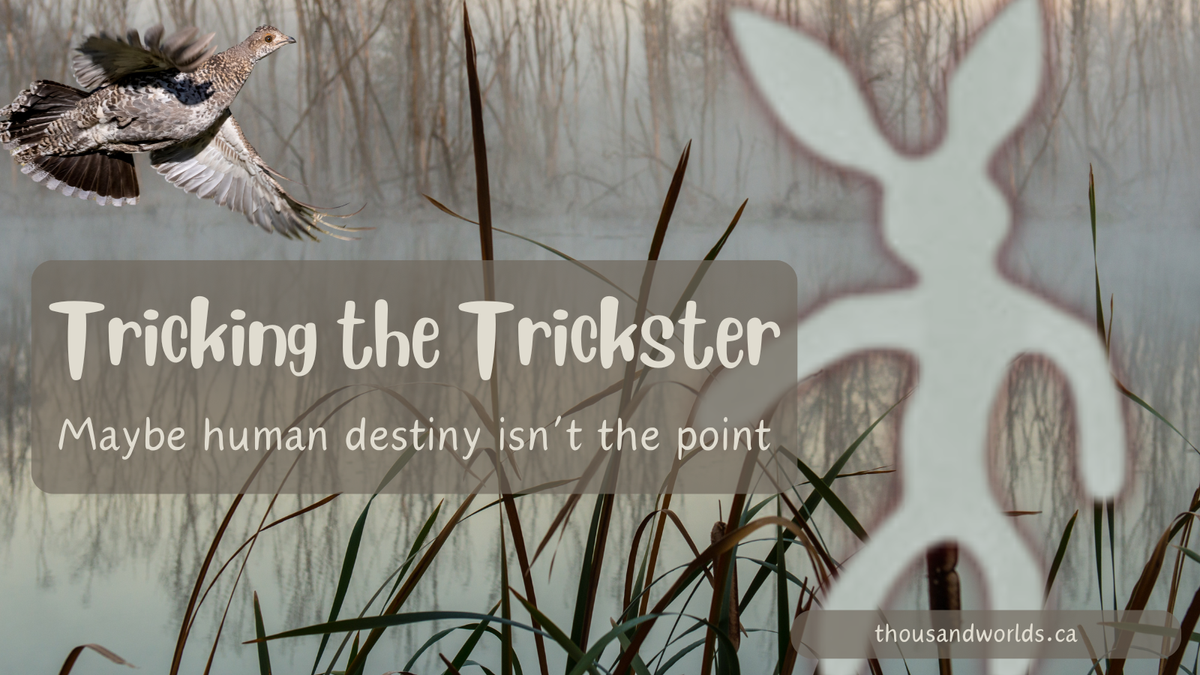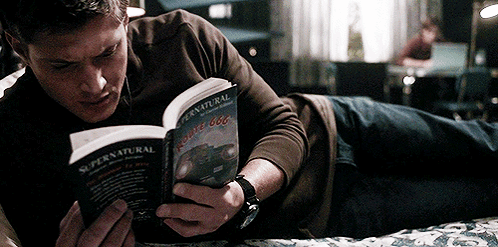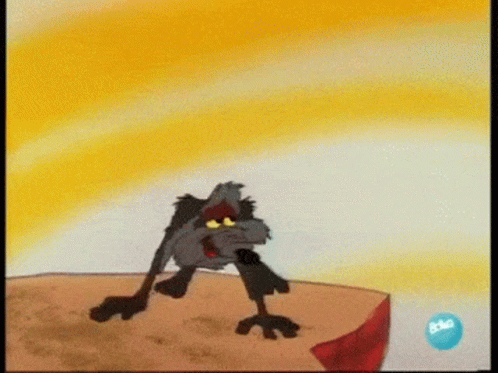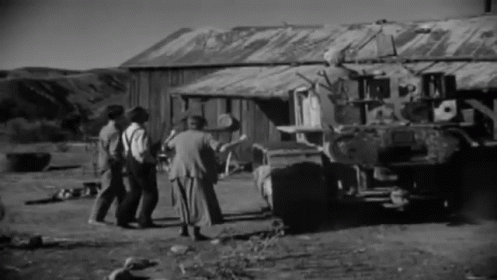Tricking the Trickster

Last week we looked at two stories about Nanabush killing his brothers, and the possibility of losing your heart even if you are doing something necessary. What have you done, Nokomis says, this will cause great harm to all those yet to come. Nanabush tells his grandmother that she's right, he had not brought the people, any people, a source of joy, and he goes for a long walk. Now we'll see what he did, who he met, and some things that he, or we, could learn.
First up is Nanabush and the winged startlers or grouse. I haven't been able to find this story anywhere else, other than a reference to it in an article on the Manitoulin Expositor. The second story is about Nanabush and the dancing bullrushes. This one is retold by Amy Friedman for the Times Herald-Record, and it contains a little more information about what was going on. Both stories are about Nanabush being tricked which is why I'm grouping them together.
Let's read!

Nanabush and the grouse.
Nanabush was walking alone and saw what must have looked like a pile of feathers. Curious, he asks them who they are. We're winged startlers! they say. The notion of a pile of feathers calling themselves startlers must have seemed absurd. Nanabush laughs, so that's what you call yourselves. Then he pees on them.
He continues on to a great sea with a high cliff and tells himself that to impress the right person, he would jump down from this cliff. Sure he would. Meanwhile the mother grouse has come back to her children and wtf. What happened to you? They tell her about Nanabush and after she washes them clean she goes off to find him. There he is on the edge of the cliff telling himself how brave he is even though he doesn't actually jump. She wishes that he would lift a leg, and he does. Then she flies up, startling him, and down he goes into the water. Haha he calls up to her, you ARE a winged startler!
Ruffed grouse, are pretty common in northwestern Ontario where these stories collected by William Jones come from. They nest on the ground, usually at the base of a tree or a rock, and can be hard to find, mottled as they are like the leaves on the forest floor where they live. Although they can fly, they usually walk. If Nanabush is coming across a pile of them in the forest, it's probably spring and mom is off foraging for something to feed them.
Nanabush and the dancing bullrushes.
A few months later, Nanabush comes across a group of dancers, naked with a feather on top of their heads. They call out to him, hey Nanabush, do you want to dance with us? Dance? I LOVE DANCING. Before long Nanabush has stripped down and with a feather on his head begins dancing with his new friends. They danced for days, painting themselves red, dancing through the night. Then one day at sunrise Nanabush, very tired by now, realizes that he's among bullrushes and not the humans he thought he was dancing with. Jones records: This happened in autumn, when the strong winds blow and that's the time he had a joke played on him.
In the version told by Amy Friedman, Nanabush is racing his brother the wind when he became distracted by a group of people dancing. He doesn't like being left out so he goes closer and even though he sees that they are bullrushes, he still wants to dance with them. We can dance forever, the tallest bullrush warns him. That's ok, I can keep up with anyone! (always with the bravado this one) They dance for what seems to Nanabush to be only three days but when his brother comes back it turns out that Nanabush had been dancing for three years and during that time the brother had used his wind to bring cold to the earth. Nanabush chases his brother away, restoring spring to the land. And he takes his revenge on the bullrushes, putting them in always damp, spongy soil.
I don't know why Nanabush peed on those poor little birds. He clearly thought their name was a joke and decided to startle them with a little show of power. This is why mother grouse's response is so perfect. Nanabush is out there on the cliff telling himself that he'd do this scary/brave thing, but only under the right conditions. Sure I COULD do it but only if this or that. If you want people to think you're willing to do something but you really have no intention of doing it, the timing is never right. I would, but I can't because [insert excuse here] ... we've all done it. When mother grouse comes along and startles him, his response is basically haha you got me.

The first story takes place in the late spring when grouse are nesting, the next one takes place in autumn. Nanabush has been walking around for a while when he comes across these bullrushes that appear to be dancing. In Jones' version the trick is that Nanabush thought the bullrushes were human, and although he eventually realizes that they're bullrushes he still treats them like people. In Friedman's story the trick is the length of time they danced. Perhaps because in Jones' version Nanabush basically tricked himself by wanting to show off (I can dance FOREVER), while in Friedman's story it is the bullrushes who tricked Nanabush into dancing for three years, Friedman's is the one that includes a consequence: you tricked me so now you're always going to have your feet in water.
Like a lot of students in Canada, all three of my kids went tree planting, one of them for several seasons, and they all talked about the misery of that work when it rains for two weeks and you haven't been dry that whole time. I can see that having your feet in water forever could be a punishment, but it would appear that bullrushes have made the best of it. They clean the water by absorbing toxic micro-organisms as well as metals and are critical to a healthy wetland ecosystem. In addition to cleaning the water they provide food to people as well as animals, have medicinal uses, and the stems and grasses can be woven to make all kinds of things. They are also very enthusiastic plants that will take over your pond if you have one, so garden centres will warn you against planting them unless you don't mind their effusive nature and know how to work with it. Even their enthusiasm has purpose though, they will cheerfully fill the artificial marshes put in near wastewater systems as part of the purification process.
Wabamun Watershed Management Council in Alberta plants bullrushes as part of their restoration project. Last fall we walked through the paths at Scarborough Bluffs outside Toronto and into one area where there are fenced boardwalks through such a marsh. It's full of bullrushes as well as signs warning you not to go into the water.
This makes me think about Nanabush and Jiibayaboos, the brother he killed and whose death served a greater purpose: Jibayaboos becomes the ogimaans, leader, of the afterlife. Not in a doomy way, more like the bullrushes because he serves an important purpose there and at least one version of the story says it was something he wanted. Similarly, Nanabush may have put the bullrushes into the water in a fit of pique, but it served a greater purpose and unlike my boys, maybe they don't mind having wet feet.
We've got two stories about Nanabush getting tricked, a handful of reactions, and a few things we can learn about how to be human. Fundamentally the stories of the Ojibwe are about how to be human, how to live a good life. Bimaadzwin. There's some basic truths here. Don't treat people carelessly, always a good lesson. Take criticism well, that's hard. The bullrush story is in part about balance, balance in seasons, the tricky balance of ecosystems, and the ways in which our behaviour impacts both.
One of the things I like about Ojibwe stories is that they are filled with other than human life and there's nothing remarkable about it. Nanabush gets scolded by a mother grouse, tricked by some bullrushes. His brother is the wind. And these are all just normal experiences. When he is scolded by the grouse he takes his lumps. When he realizes that the people dancing are actually bullrushes, he still wants to dance with them. Maybe that's why these stories got infantilized the way they did by anthropologists and missionaries for whom anthropomorphized nature is something for children. They couldn't possibly be real, couldn't possibly be anything but just-so stories, except that the Bible these missionaries claimed to take seriously includes at least one talking animal and what I grew up calling the Old Testament is full of descriptions of a natural world that has feelings and physical reactions as a result of those feelings. In her book The Hebrew Bible and Environmental Ethics, Mari Joerstad says that these personalistic nature texts, as she calls them, strewn throughout the Bible are not poetic or aesthetic but describe a world of activity that has nothing to do with humans, a dance between the natural world and its creator in which we are at best, tangential. And, in this book, she offers a reading of Job that I hadn't considered.
Job is a troubling book. Here you've got somebody who has been a good person and the accuser tells God of course he likes you, you've given him everything. Take it away and see what happens. So God does and a lot of traumatic things happen to Job and his family. I get that we want to make sense of traumatic events but this idea of God playing dice with our lives to prove a point is cruel. And tbh, I really dislike the theology that typically comes from this book, it tends to be as abusive as this reading.
Joerstad offers a different reading and notes that Job points to the land itself as a judge of his behaviour, saying near the end of his plea that if he had (as Adam and Eve had done) eaten or taken what he should not, then the land itself should stand in judgement of him, but he insists that he has not and so the natural disasters that have befallen him are an injustice and he calls on the land to defend him, which it doesn't .. and that in itself is a kind of hubris. God's epic speech at the end says nothing about Job's guilt or innocence, he reminds Job that human life is not his only concern and that the worlds within which humans find themselves are not always concerned with us. There's a whole universe, he basically says, that you are not the centre of. It's not a particularly comforting reading, Job stays a troubling book, but Idk. Maybe it is good to be reminded that sometimes we live with the consequences of actions much bigger than us and it isn't always about our guilt or innocence. Sometimes these ideas of guilt or innocence are just a way for us to find control in a situation that feels out of control.
In her short story, A Multi-Year Conversation with the Dinosaur at Chicago O'Hare Airport and Other Fossil-Beings found in the book Fables and Spells, Dino concludes a conversation with adrienne maree brown about Octavia Butler's Earthseed philosophy by saying that "maybe this way of being - on earth or in space - just isn't your destiny. Meaning, maybe, human destiny isn't the most important thing." Dino speculates that maybe we are all experiments on an Earth that is figuring out her own destiny and we're part of it, rather than the point of it.

Job's pleas remind me of a scene in Grapes of Wrath where the tenant farmers are being evicted. They cry out against the injustice of their eviction by the bankers, like Job they plead innocence and relationship with the land and, as in Job, the land itself is silent offering only the covering of dust associated with ancient mourning practices. Sometimes people experience things that are unjust, but is their innocence really the issue? Is an injustice more unjust because the person it happens to is innocent? Besides, what did these impoverished tenant farmers do?
According to Pa Joad, in order to get this land Grandpa killed Indians and he killed snakes.
We say that settlers are innocent, but what does innocence even mean in the context of settlement? What does it mean when the government uses settlement to assert its authority, and then arms settlers like Grampa Joad to "defend themselves" against the original inhabitants and those others that they brought in to do labour? In her book Loaded: A Disarming History of the Second Amendment, Roxanne Dunbar-Ortiz looks at the history of gun violence in the US in the context of settlement and slavery. She disputes the idea that it refers to anything resembling a standing army because it is part of a code of individual rights. Several regulated militias already existed, they didn't need constitutional protection. Armed citizens, however, did need that protection and throughout the history of the US it was armed citizens to helped clear the land of Black and Indigenous people and it is armed citizens who help to keep it clear just like armed settlers are helping Israel clear that land and keep it clear. Much contemporary gun violence in Canada and the US is related to this foundational belief that it is settlers alone who have the right to stand their ground against anyone defined as an invader.
In early November I spoke at the Minnesota State University in Mankato, where this hanging took place. 38 Dakota were ordered to die by hanging, authorized by Abraham Lincoln, for fighting back against armed settlers. This isn't ancient history. Black and Indigenous people are still killed with impunity by citizens claiming self-defense when the only threat was their existence in a place these citizens did not think they had a right to be. And their right to do that is what the second amendment exists to protect.
That's why, when the original people fight back, the settlers are invariably described as innocent. Where you begin the story matters and these colonial states begin the story with God-given real estate. And of course, the land itself and all the other than human inhabitants who have their own relationship with God or spirit or however you conceptualize all this, are not seen as people. They simply become resources to be exhausted, which is why calls like Land Back, or From the River to the Sea are seen as threatening. They are threatening, but not the way that settlers are. Freedom is always threatening to those who want to deny it to others.
The land remembers these things. It remembers the people who lived there before and it remembers what everyone did in order to wrest that land away from them and then assert their own ownership over it. The land and the waters have long memories and how do you even relate to a being, or a community of beings, who measures its life in aeons. Did you know that most of the water on our planet is from outer space? It predates the earth itself, it predates the sun. Did you know that there is a fungus in Oregon believed to be 2,400 years old that could be as old as 8,650??
Now I sound like God railing at Job and his "I'm innocent" entitlement.
But think about that for a few minutes, and then think about the hubris of blink and you miss it human life thinking it's the centre of everything and seeing its self-defined innocence as an entitlement. Every time I hear somebody talk about the Anishinaabe creation story, the listeners are reminded that we are the least and most needy of all creation. All the life that came before took pity on us and agreed to care for us, it is a lesson in humility not dominion. We are not meant to stride across the world, peeing on things that we think are beneath us, seeing the image of God only when we look in the mirror.
Rather, we are surrounded by stories that demand we take other than human life seriously. Stories that push us out of the centre and remind us that we are often tangential players in this cosmic dance for all that our actions have outsized consequences. Many of the Nanabush stories we've been looking at aren't even about us. They're about a powerful spirit descended from a woman who fell from the moon whose daughter was impregnated by the west wind. He encounters humans, but he is just as likely to encounter bullrushes who dance with him for days and possibly years, or winged startlers who show him the meaning of being startled. And he takes all this life seriously. Perhaps remembering our place in this world filled with other than human beings who have their own agency and purpose is part of what bimaadzwin is.
And if that sounds ridiculous to you, then look at the water in your glass and think about it being older than the sun. Think about everything it knows and remembers, and ask yourself what it thinks about you.
Leanne Betasamosake Simpson has a book coming out in the spring that is available for pre-order now. Theory of Water: Nishnaabe Maps to the Times Ahead. I heard her speak on it in the fall and can't wait to read it, think with her about what water holds, knows, and can teach us about how to live in this world.


And don't forget to join up with the Nii'kinaaganaa Foundation. Every month we collect funds from people living on Indigenous land and redistribute them to Indigenous people and organzers. You can find out more information on the website. Donate via Patreon or PayPal!
